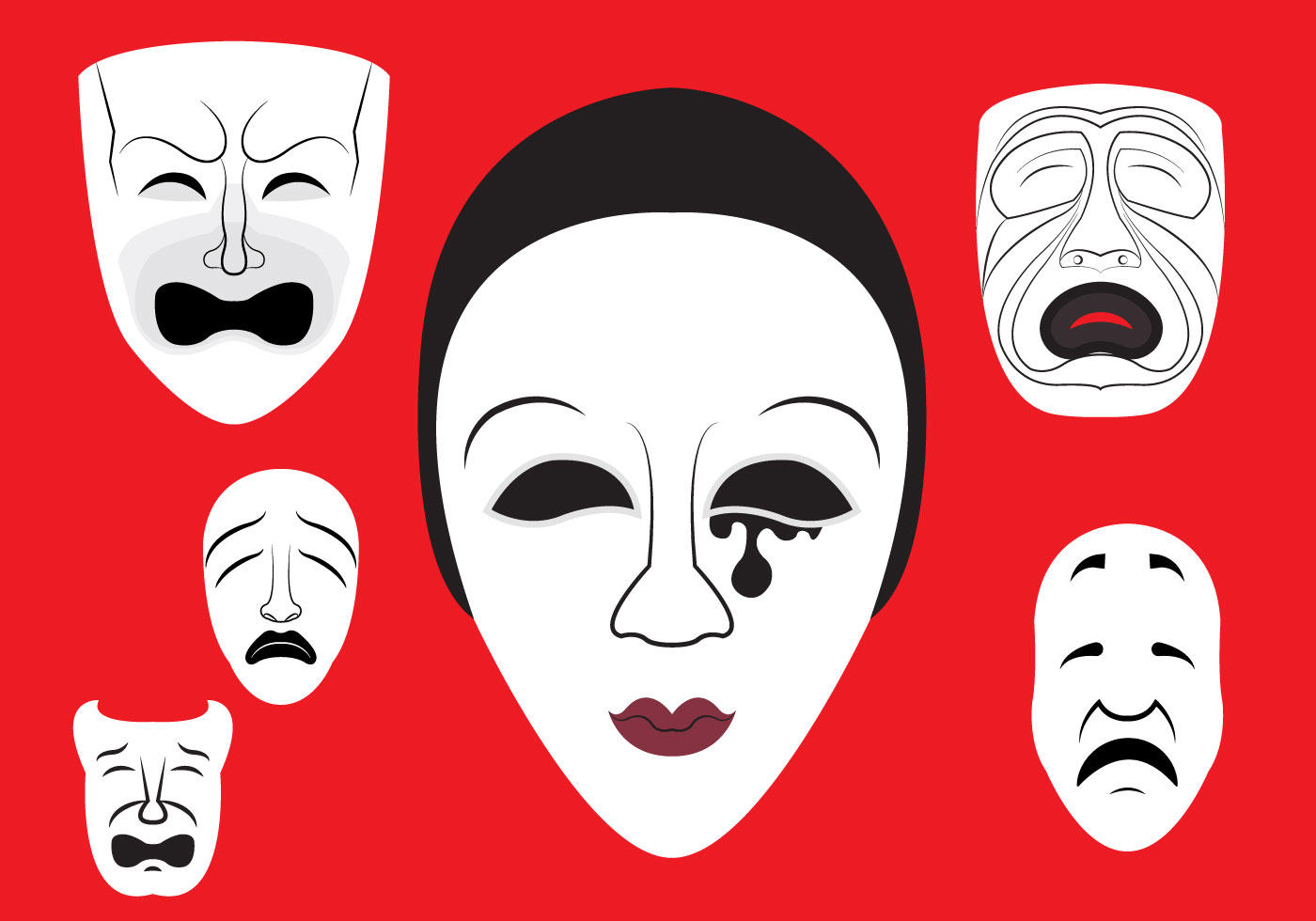
By Charlotte Bateman
It wasn’t until roughly a month into Becky Taylor’s first term at drama school that she fully understood what she’d signed up for. It was a stupid idea to start reading the job descriptions of the roles she hoped to audition for in such minute detail. In any other industry, these detailed expectations of the employee would be considered abuse. Manipulating your body to such an extent that your organs begin to fail, your hair falls out in clumps and your brain struggles to compute a single sentence was, apparently, all in a day’s work.
Becky wished she’d asked more on the day of her first audition, aged just 21. Perhaps if she did, she could have avoided five years of mental turmoil that almost killed her. In the end, what she thought would be the making of her, proved responsible for her demise. Drama school wasn’t the utopia of creative freethinkers that she expected. Instead, it was an endless onslaught of perfectionism, body shaming, rejection and of course, clean-eating diets. ‘If it wasn’t the fellow pupils luring me into a starvation diet, it was teachers telling me I wasn’t pretty enough,’ says Londoner Becky. There’s no doubt that the international entertainment industry has taken great strides in the fight to protect women over the past three years. But there’s a worrying blind spot.
With attention on bumping up our numbers, are we – inadvertently – putting more at risk of something far more damaging than missing the seat at the table? And, when the training required to get to that table involves starving yourself to the point you’re rendered infertile, can women in this world ever be safe? Of course it’s not just women who are affected by the ludicrous expectations of appearance in the showbuisness industry. But there’s clearly an imbalance. Being attractive isn’t a pre-requisite for being a successful male actor. It is if you’re female. It would of course be far too simplistic to say that everyone exposed to this type of pressure will develop an eating disorder – or that it’s solely responsible for this complex mental illness.
But experts have do doubt that it doesn’t help. Becky is just one victim. Performers of all kinds have a much higher rate of eating disorder – and all mental health problems in fact – than the average population. A recent report from The Stage magazine revealed that a third of drama students report damaged body confidence as a result of the endless assault on their appearance. Reports have also shown that at entry auditions, students are stripped to their underwear, then weighed and measured, before being told they were “too fat” to join. According to another survey of 400 UK performers, conducted by Royal Holloway University, two thirds said they have been told to change their appearance, either by a teacher or agent. Some alterations were innocuous- bleaching hair or getting spray tans. But others not so much.
A third were told to lose weight- up to a stone and a half. How do they do it? More than half try a potentially dangerous, fast-tracked route: using laxatives or fasting diets. Ever since she can remember, Becky loved to perform. Coming from a working class background, she didn’t go to West End musicals like her friends. She was more of a singing around the house or putting on plays for her parents kind of girl. Saturday trips to the local performing arts club were the highlight of the week.
‘I didn’t want to be a famous actress or anything,’ Becky says. ‘I just loved to perform on the stage and so I guess drama school felt like the logical place to go.’ After completing an English language degree at university, Becky decided to audition for an intensive post-graduate course at one of the most esteemed drama schools in the country. To her amazement, she got in. Drama school was like living in a bubble. ‘From the moment you walk through the door you are told that acting is not just a job, it’s your life now,’ she says. Her days turned into a regimented blur of acting, singing, dancing and body conditioning classes. At least 110% effort was expected in every class. There was never an excuse for a day off. Not even a family funeral.
Becky had known drama school would be tough. But she hadn’t anticipated the relentless criticism. Most of the teachers were brutal, never afraid to rip your performances apart. At least one student would emerge bleary-eyed at the end of every lesson. At times, says Becky, it felt like the teachers ‘forgot we were human beings.’ Being bombarded with criticism everyday, no matter how long she’d rehearsed for, was stifling. Staying up until the early hours to perfect her performance couldn’t stop the tirade of verbal abuse. She was utterly powerless. The need to find something – anything – to control grew bigger. She craved a distraction that could numb the critical voices.
And her new housemates – three fellow students – provided the answer. Jade, a dancer, had joined the school aged 18. Naturally toned and petite, she’d always enjoyed a healthy relationship with food. Nutella on toast was her breakfast of choice, she’d told Becky. But as the months passed, Becky noticed a change in Jade’s eating habits. She stopped buying jars of Nutella. Then she stopped eating bread – and then pasta.
The other two had a strangely sycophantic obsession with Deliciously Ella and all things clean eating. Their cupboards groaned with pond weed powders, gut-health vitamins and more seeds than you’d find in an aviary. Every day all three girls would chug the same grassy smoothie made from half an avocado, spirulina and coconut water. Up until this point, Becky had never worried about her weight. Even at University, when the pounds crept on, she wasn’t bothered – and would be damned if anything got between her and the seven vodka cranberries she necked most weekends. But within two months of living in that house, she was no longer a carefree eater. By the start of the second term, she’d adopted a regimented regieme of a green smoothie for breakfast, a leafy salad for lunch and soup before bed. Hardly enough to sustain a child- let alone a fully grown adult doing three hours of dance class every day.
It wasn’t just her housemates who had a weird relationship with food. Just about every other student controlled their food intake, and most were very thin. And it was no secret. In fact, the teachers attempted to tackle it by ordering those who were particularly emaciated to gain weight over the Christmas and summer holidays – or risk being kicked out completely. But according to Becky, ‘this wasn’t exactly in the interests of our welfare. It was more for show. They didn’t want inspectors to see bones protruding and think the school had a problem.

‘Most people weren’t even given any support when it was known they had an eating disorder. Despite the fact we had an in-house councillor. We weren’t encouraged to use her unless we had a diagnosed, clinical condition.’ Most shockingly, teachers themselves were known to fuel disordered eating. Becky says: ‘A load of my friends were told by one teacher that they should cut out all gluten and dairy to improve their singing.
‘She was a vocal coach, not a nutritionist.’ Other teachers would single out the pretty girls and tell them, in front of everyone, about their beauty. But never Becky. ‘I had terrible acne – probably due to malnutrition. But it made me so self-conscious,’ she says. In the last term, one stupid remark from a teacher confirmed her worst fears – that she was, in the eyes of those in charge, not pretty enough.
‘Becky, you will never play the pretty parts,’ said her singing teacher during a one-to-one tutorial. You need to understand that you are not conventionally beautiful.’ Becky stopped listening, stopped breathing. Her eyes burned with tears. And so, when she left drama school a few months later, her eating patterns already disturbed, and as a skeletal version of her former, healthy self, she felt, in a word: ‘fucked.’
By the time she’d landed her first job – a part in a musical showing at a London theatre – her eating disorder had morphed into something more complex. And when the show’s six month run came to and end, and Becky found herself unemployed, it became unbearable. She was, at least, allowing herself to enjoy the forbidden foods she’d so long avoided. But it came at a cost. Every weekend, she’d forgo nights out with her flatmates to spend time alone with her eating disorder.
She’d compile cakes, doughnuts, biscuits and chocolate, laying them out on the kitchen table, then eat them, one by one. ‘There would be one bite of enjoyment, then the self-loathing would kick in,’ she says. As cream ran down her chin, eyes seeping tears, the same chorus pulsed in her mind: ‘this is disgusting, you are disgusting, why are you so disgusting?’. Afterwards, Becky didn’t make herself sick or gulp down laxatives. She just sat there, clock ticking, fridge whirring, tummy churning.
Four months into her binge sessions, Becky started to put on weight. She couldn’t bare it. Fasting seemed like a perfectly acceptable – and familiar – solution. Over the next year, Becky became stuck in a vicious carousel of restricting, binging and purging. There was no doubt about it – she was suffering from an acute case of binge eating disorder and bulimia. She knew she needed help. But with the NHS advising a waiting list of at least six months, and being unable to pay for therapy, she couldn’t see a way out. Until, she stumbled across an organisation called Industry Minds. Founded by actors Scarlett Maltman and Cathie Read, Industry Minds is the first movement of its kind, breaking down the stigma of mental illness in the arts. What began as an award-winning podcast has since grown into a well-respected service, providing free and low-cost counselling for professionals across theatre, film and TV. The charity advised Becky to take some time out of the industry, to focus on overcoming her eating disorder. It was the best decision she’s ever made.
Eighteen months on from therapy, Becky, now 26, feels freer that she has in five years. ‘As well as repairing my relationship with food, therapy has made me into a better friend, better daughter and better actor,’ she says. ‘Of course there are days when intrusive thoughts start creeping into my head and I start wondering ‘should I be eating that? But ultimately, I’m learning how to block them out. I’m finally ready to resume my career as an actress.’


